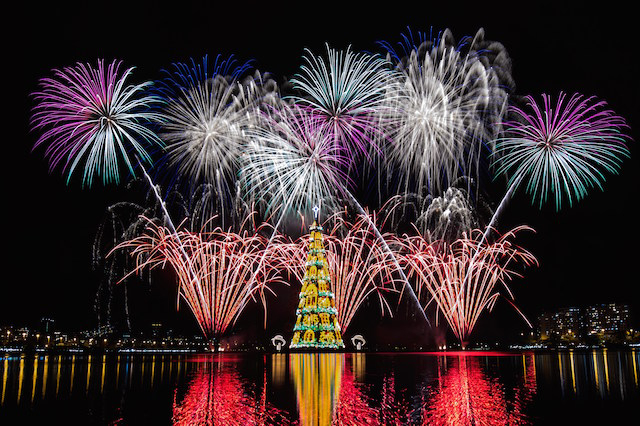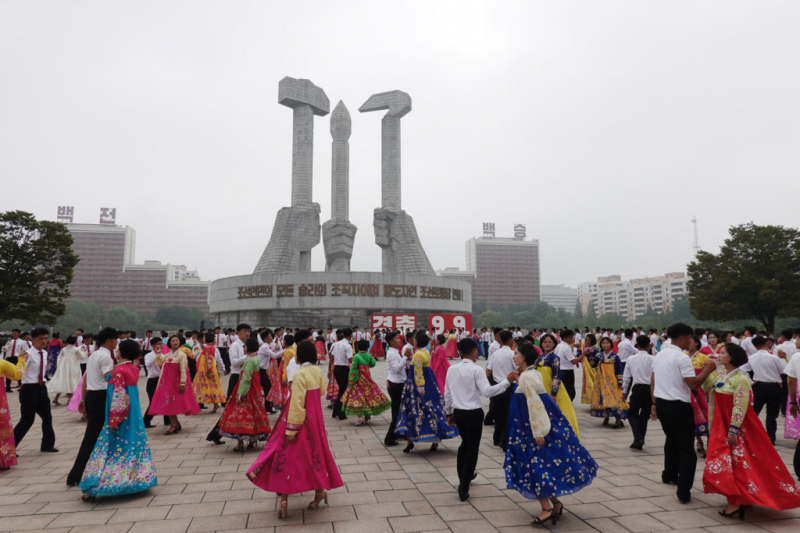Dano Festival
Dano, also known as Surit-nal, is a Korean traditional celebration that occurs on the fifth day of the fifth lunar month. In North Korea, it is an official holiday, while in South Korea, it is one of the most important traditional festivals. South Korea has preserved various holiday celebrations, one of which is the Gangneung Dano Festival, which has been declared as a "Intangible Cultural Heritage of Humanity" by UNESCO.
This was a day of spiritual rites and celebration with singing, dancing, and wine in ancient Korea's Mahan confederacy. People bathed their hair in water that had been boiled with Sweet Flag, which was thought to make hair glossy. Women also wear Angelica polymorpha flowers in their hair, believing that the scent may ward off evil. People dressed in blue and red and painted their hairpins crimson with iris roots. Iris roots were worn around the waists of men to ward off evil spirits. This morning's dew-drenched herbs were claimed to heal stomachaches and wounds. Surichitteok, ssuktteok, and other herb rice cakes are traditional dishes.
The swing, ssireum, stone fighting game seokjeon, and taekkyon are among of Dano's most popular folk games. The swing was a female-only pastime, whereas the ssireum was a male-only wrestling bout. Mask dance was also popular among peasants because of its proclivity for sarcastic lyrics mocking local nobles.













